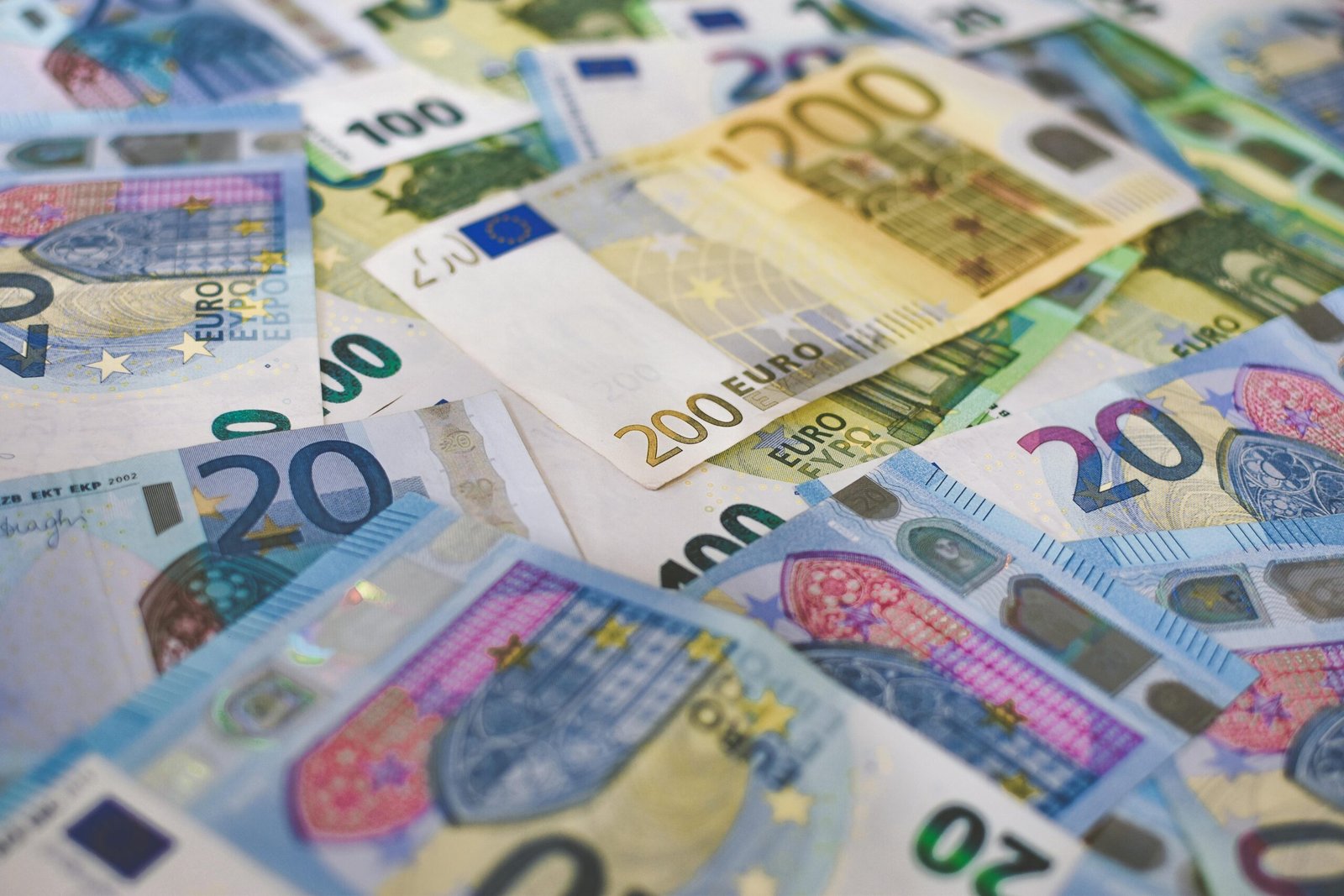Introduction
The European Union (EU) offers one of the most robust and supportive environments for entrepreneurs and businesses globally. With a market of over 450 million people, a harmonized legal framework, and strong protections for consumers and businesses alike, the EU continues to be an attractive region for both local startups and international companies. But what truly sets the EU apart is its combination of economic scale, transparent legal systems, and relatively predictable tax and regulatory environments.
In this article, we explore the full spectrum of benefits when starting or expanding a business within the EU. From favorable tax regimes and access to a single market, to grants, funding opportunities, and improved competitiveness, the EU remains a compelling region for entrepreneurs.

1. The Power of the Single Market
The cornerstone of doing business in the EU is the Single Market, which allows goods, services, capital, and people to move freely across member states. For businesses, this translates into several major advantages:
- No customs duties on goods traded between EU countries.
- No import/export taxes or paperwork for intra-EU trade.
- Standardized regulations, including safety and environmental requirements.
- Freedom to establish a business or branch in any EU member state.
- Cross-border workforce mobility, which makes hiring talent easier.
This economic cohesion simplifies operations and drastically reduces overhead costs related to compliance and logistics.
2. Access to Funding and EU Grants
The EU supports businesses through a wide range of funding programs, particularly for startups, innovation-focused companies, green initiatives, and SMEs. These include:
- Horizon Europe: €95.5 billion in funding for research, innovation, and technology-driven businesses.
- European Regional Development Fund (ERDF): Supports regional development and economic growth, especially in underdeveloped regions.
- InvestEU: Offers guarantees for investments into European SMEs.
- Erasmus for Young Entrepreneurs: Exchange program for new or aspiring entrepreneurs.
- COSME Programme: Improves SME competitiveness and access to financing.
These initiatives not only provide capital but often come with mentorship, networking, and training.

3. Competitive Corporate Taxation (Depending on Country)
While the EU does not impose a unified corporate tax rate, member states have the flexibility to set their own. This has led to healthy tax competition, giving businesses the opportunity to choose jurisdictions that align with their strategy.
Examples of Competitive Tax Jurisdictions:
- Ireland: 12.5% corporate tax rate – one of the lowest in the EU.
- Hungary: 9% – the lowest corporate tax rate in the EU.
- Bulgaria: 10% flat tax – applies to both corporate and personal income.
- Netherlands and Luxembourg: Not the lowest, but attractive due to tax treaties and business-friendly laws.
Many countries offer R&D tax credits, startup tax exemptions, and innovation deductions. In addition, the EU has frameworks in place to prevent harmful tax competition or abuse, so companies benefit from transparent rules.
4. Legal Certainty and Intellectual Property Protection
One of the major concerns for global entrepreneurs is legal protection, especially in areas such as contracts, ownership, and intellectual property (IP). The EU provides:
- EUIPO (European Union Intellectual Property Office): A centralized body to register trademarks and designs valid across all EU countries.
- Standardized contract law principles under the EU Civil Code project.
- Data protection via the GDPR, providing a secure digital environment.
- Court of Justice of the EU (CJEU) ensures consistency and legal clarity across member states.
This means that businesses can rely on predictable legal frameworks, reducing operational risk and compliance costs.

5. Cross-Border Expansion Made Simple
An EU-based company enjoys unparalleled freedom to expand across the continent. Thanks to:
- Mutual recognition of business licenses
- Banking integration and access to SEPA (Single Euro Payments Area)
- EU-wide VAT registration for digital businesses
You can establish branches or sell to customers across borders without the need for re-registration or compliance with a different set of business laws in each country.
Even e-commerce has been streamlined with initiatives like the Digital Services Act and Digital Markets Act, which aim to reduce barriers for digital entrepreneurs.
6. Digital and Green Transformation: EU Strategy Benefits
The EU’s focus on digitalization and sustainability presents massive business opportunities:
- Green Deal: Promotes eco-friendly practices and carbon neutrality. Companies engaging in sustainability can receive funding and tax credits.
- Digital Europe Programme: Funding for AI, cloud, big data, cybersecurity, and digital upskilling.
- Startup Europe and EIC Accelerator: Encourage tech and deep-tech innovation.
These initiatives are not just buzzwords—they’re backed by billions of euros in funding and align with customer demand for modern, ethical companies.

7. Labor and Talent: A Double-Edged Sword
EU citizens can work freely across borders, giving employers access to a vast labor pool. Top tech and business hubs—Berlin, Amsterdam, Paris, Warsaw, and Barcelona—draw international talent thanks to their infrastructure and standard of living.
However, challenges include:
- Labor laws that vary between countries.
- High social contributions in Western Europe (especially France, Belgium).
- Union influence in countries like Germany.
Despite these, EU countries are increasingly creating startup-friendly visa programs and simplifying employment rules for innovative businesses.
8. Data and Privacy Regulations as Competitive Advantages
Though the GDPR is often seen as restrictive, it also provides competitive benefits:
- Increases consumer trust.
- Sets international standards, making EU-based companies compliant in global markets.
- Encourages data transparency and responsible use.
For businesses offering digital services, being based in the EU can serve as a badge of trust, especially with global customers.

9. Country-by-Country Snapshot
| Country | Corporate Tax | Startup Friendly | Special Advantages |
|---|---|---|---|
| Germany | 30-33% total | Moderate | Industrial strength, high purchasing power |
| France | 25% | High | Tech grants, R&D incentives |
| Netherlands | 19-25% | Very high | Tax treaties, logistics hub |
| Ireland | 12.5% | Very high | International HQs, tech-focused |
| Hungary | 9% | High | Low taxes, competitive labor costs |
| Estonia | 0% on reinvested profits | High | E-residency, digital-first administration |
| Poland | 19% | High | Regional talent, good infrastructure |
| Bulgaria | 10% | Moderate | Very low taxes, fast setup |

10. Challenges to Consider
- Regulatory complexity: EU law is often layered on top of national law.
- Language barriers: Though English is widely spoken in business, local compliance often requires native legal expertise.
- Bureaucracy: Despite digitalization, some EU states still have slow administrative processes.
However, most of these challenges can be mitigated by working with local partners or service providers.
11. The Role of Modern Digital Infrastructure
Having a well-optimized, mobile-friendly, and fast-loading website is no longer optional in the EU business landscape. Customers, regulators, and even funding bodies expect a clear and professional online presence.
Whether you’re selling across borders or applying for EU funds, your website becomes your company’s first impression.
For a professionally built digital presence tailored to European businesses, visit Rakuzan.eu.
Need a hosting solution or domain name? Get started with our preferred partner Hostinger and access exclusive discounts.

Conclusion
Starting a business in the European Union is not just about geographic access—it’s about strategic advantage. With its single market, funding programs, tax options, and robust legal protections, the EU empowers entrepreneurs to build, scale, and thrive in one of the most diverse and stable economic zones in the world.
If you’re serious about making your mark in Europe, invest in quality infrastructure—both physical and digital—and take advantage of everything the EU has to offer.
Disclaimer: This article is for informational purposes only and does not constitute financial, tax, or investment advice. Readers should consult with a licensed professional before making any financial or business decisions.





